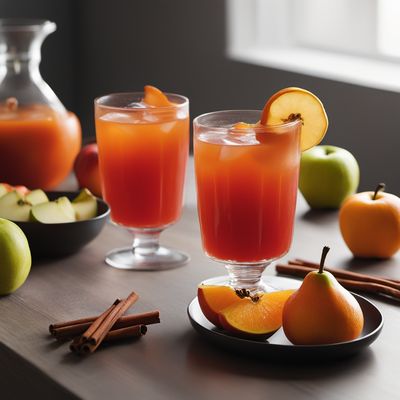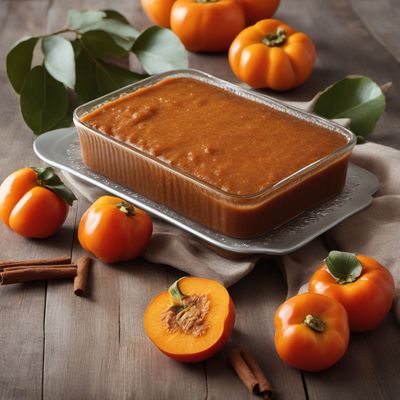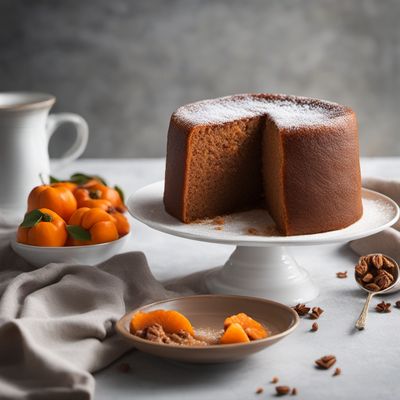
Ingredient
Chinese persimmons
Golden Autumn Delights
Chinese persimmons are known for their sweet and slightly tangy flavor, with a smooth and creamy texture. They have a distinct orange color and are often enjoyed when fully ripe. The fruit is versatile and can be eaten fresh, dried, or used in various culinary preparations.
Origins and history
Chinese persimmons have been cultivated in China for over 2,000 years and are deeply rooted in Chinese culture. They are associated with good fortune and are often given as gifts during the Mid-Autumn Festival. Chinese persimmons were introduced to other parts of the world, including Japan and Korea, where they are also highly valued.
Nutritional information
Chinese persimmons are a good source of vitamins A and C, as well as dietary fiber. They are low in calories and fat, making them a healthy addition to a balanced diet.
How to select
Choose Chinese persimmons that are firm, plump, and have a vibrant orange color. Avoid fruits that are overly soft or have blemishes. The skin should be smooth and free from wrinkles. Ripe persimmons should yield slightly to gentle pressure.
Storage recommendations
Chinese persimmons can be stored at room temperature until fully ripe. Once ripe, they can be refrigerated to prolong their freshness. To speed up the ripening process, place them in a paper bag with a ripe banana or apple. Avoid storing persimmons near other fruits, as they can release ethylene gas, causing premature ripening.
Preparation tips
Chinese persimmons can be enjoyed fresh as a snack, added to salads, or used in desserts like pies, tarts, and puddings. They can also be dried to make persimmon chips or used in jams and preserves. Remove the skin before consuming, as it can be slightly astringent.
Culinary uses
Chinese persimmons are commonly used in Chinese cuisine, particularly in desserts and sweet soups. They are also featured in Korean and Japanese dishes. Some popular preparations include persimmon cakes, steamed persimmon pudding, and persimmon tea.
Availability
Commonly available in China, Japan, Korea, and other Asian countries. Chinese persimmons are also cultivated in some parts of the United States, Spain, and Brazil.
More ingredients from this category
Recipes using Chinese persimmons

Jeonggwa: Sweet and Fragrant Korean Fruit Punch
A Symphony of Sweetness: Jeonggwa, the Delightful Korean Fruit Punch

Persimmon Delight
Velvety Persimmon Pudding: A Sweet Indulgence from America

Jiangxi-style Apple and Bread Pudding
Apple Delight: A Jiangxi Twist on Bread Pudding

Taiwanese-style Chicken Soup
Savory and Nourishing Taiwanese Chicken Soup

Sishen Soup with Nourishing Herbs
Healing Elixir: Sishen Soup to Nourish Your Body and Soul

Arbëreshë Persimmon Pudding
Velvety Arbëreshë Persimmon Delight
